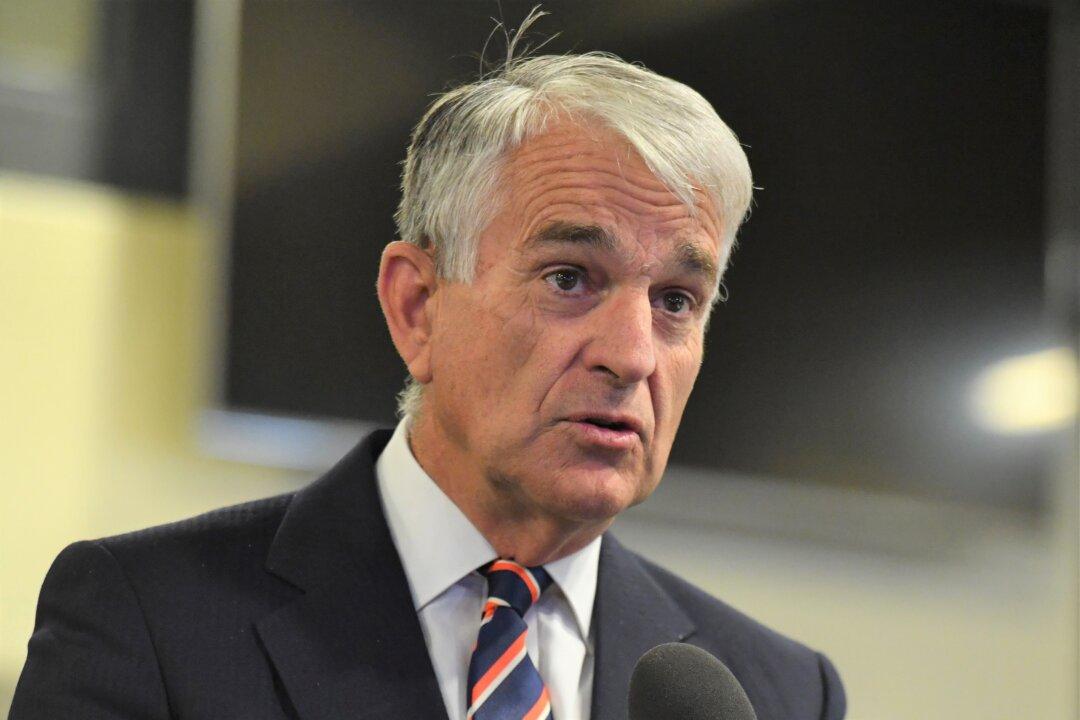Former Deputy Prime Minister John Anderson has spoken out against the over-simplification of debate on climate change and China—and the struggles of young people with understanding these issues—during the recently concluded 2022 Australian federal election.
The election of so many left-wing Greens and “teal” independents reflected a strong interest from affluent and younger voters in issues such as climate change, integrity in politics, and more gender equality policy.





